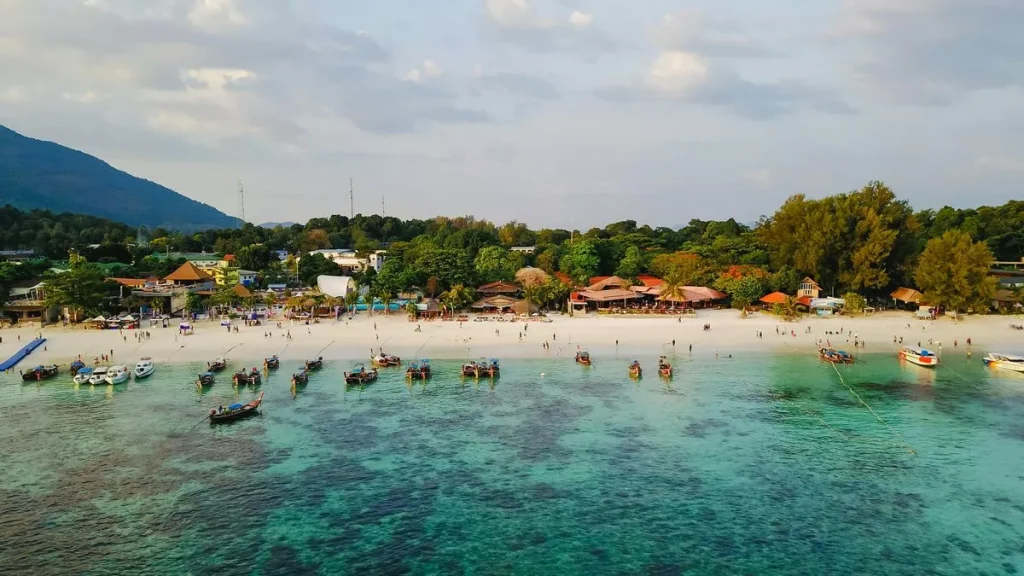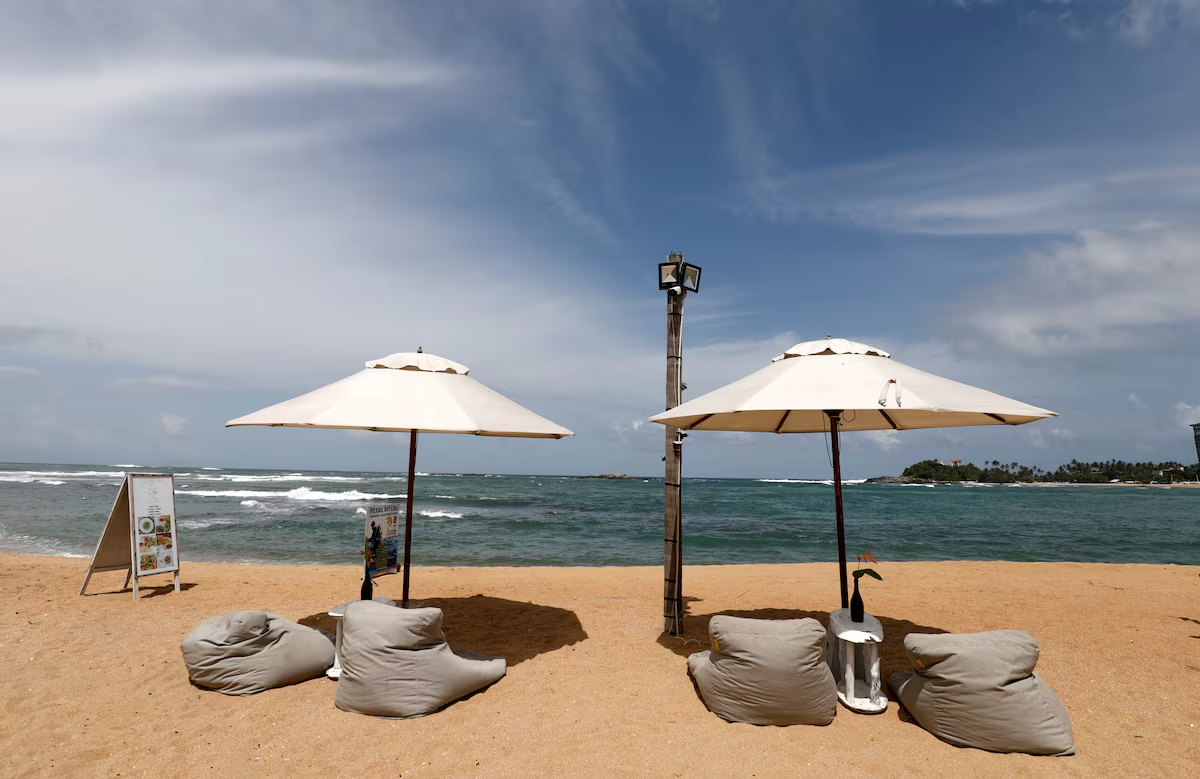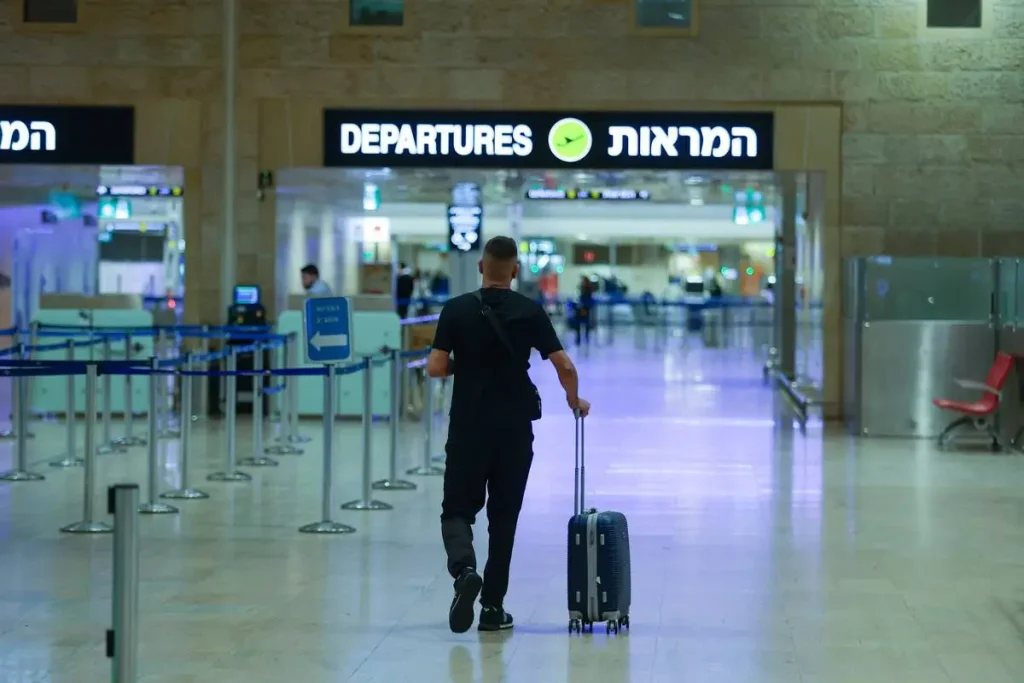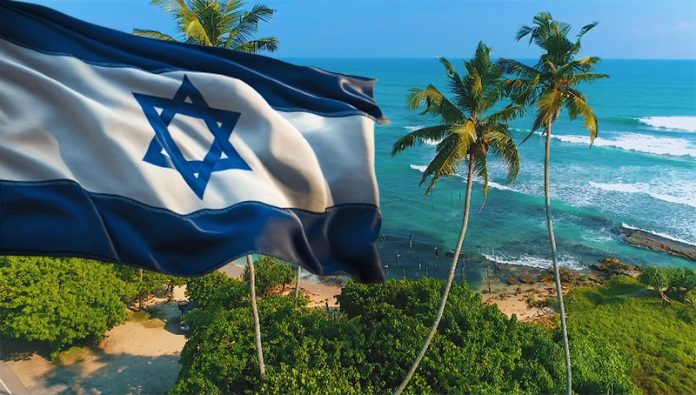Israel’s National Security Council issued a warning on Wednesday, urging Israeli citizens to immediately leave certain tourist areas in southern Sri Lanka due to the threat of a potential terrorist attack. The advisory specifically mentioned the coastal area of Arugam Bay, as well as beaches in southern and western Sri Lanka, highlighting a “current threat” targeting tourist hotspots. The exact nature of the threat was not detailed, but Israeli authorities recommended that citizens in other parts of Sri Lanka exercise caution and avoid large public gatherings.
The statement from Israel’s security agency underscored the seriousness of the situation, noting that they are in close contact with Sri Lankan security officials to monitor developments. The U.S. Embassy in Sri Lanka also issued a security alert, warning of credible information about a possible attack aimed at popular tourist destinations, particularly in the Arugam Bay area. The U.S. government advised its citizens to steer clear of this region until further notice but did not provide additional specifics about the nature of the threat.

In response to these warnings, Sri Lankan police have increased security measures in the affected areas, with police spokesperson Nihal Thalduwa confirming that authorities are on high alert. In a video statement, Thalduwa emphasized the importance of ensuring the safety of tourists, particularly Israelis, who frequent Arugam Bay for its renowned surfing conditions. “This area is a popular spot for surfing, and this has attracted a large number of Israeli tourists. We are working to ensure they remain safe,” Thalduwa said.
Sri Lanka, known for its picturesque beaches, lush tea plantations, and ancient temples, has been experiencing a revival in tourism after emerging from a severe financial crisis. The country has become a popular destination for travelers seeking natural beauty and cultural experiences. According to government data, 1.5 million tourists visited Sri Lanka in the first eight months of this year, including over 20,000 visitors from Israel.
The resurgence in tourism has been vital for Sri Lanka’s economy, which has been recovering from a crippling financial collapse that led to fuel shortages, mass protests, and a political crisis in 2022. However, the recent security threat casts a shadow over the country’s efforts to revive its tourism industry, with fears that the potential for an attack could deter future visitors.

The specific target of the threat, Arugam Bay, is a small village on Sri Lanka’s southeast coast, renowned for its pristine beaches and world-class surfing spots. The area draws surfers from around the world, and many tourists, particularly from Israel, flock to the region during peak travel seasons. The warning to avoid the area has heightened concerns about safety for both tourists and locals alike.
While Sri Lankan authorities have ramped up security efforts to address the situation, the government has not released any additional information about the potential perpetrators behind the threat. Sri Lanka has faced terrorist threats in the past, most notably the 2019 Easter Sunday bombings that killed more than 250 people. Those attacks, claimed by Islamist extremists, targeted churches and luxury hotels, shaking the nation’s sense of security. Since then, the country has remained vigilant, especially in areas popular with tourists.
Israeli and U.S. embassies continue to monitor the situation closely, advising their citizens to follow local security guidance and avoid high-risk areas. Both countries have underscored the importance of cooperation with Sri Lankan authorities to mitigate the threat and protect their citizens.

As the investigation continues, the tourism sector in Sri Lanka faces uncertainty, with potential travelers likely to reconsider their plans amidst concerns over safety. However, officials remain hopeful that the swift response to the threat and enhanced security measures will help reassure visitors and prevent any incidents from occurring. For now, the focus is on safeguarding vulnerable areas and ensuring that those who remain in the country are kept safe from harm.




